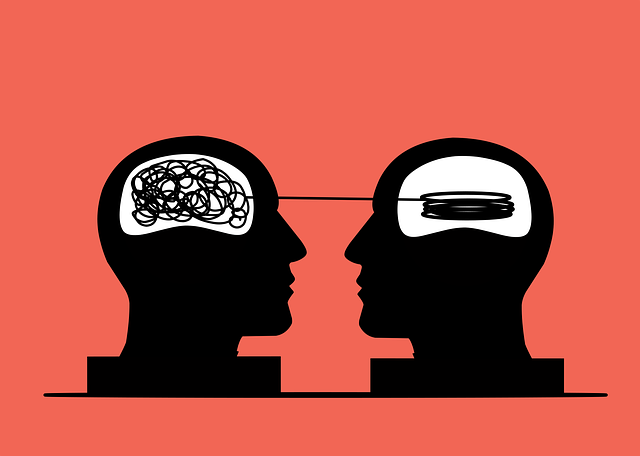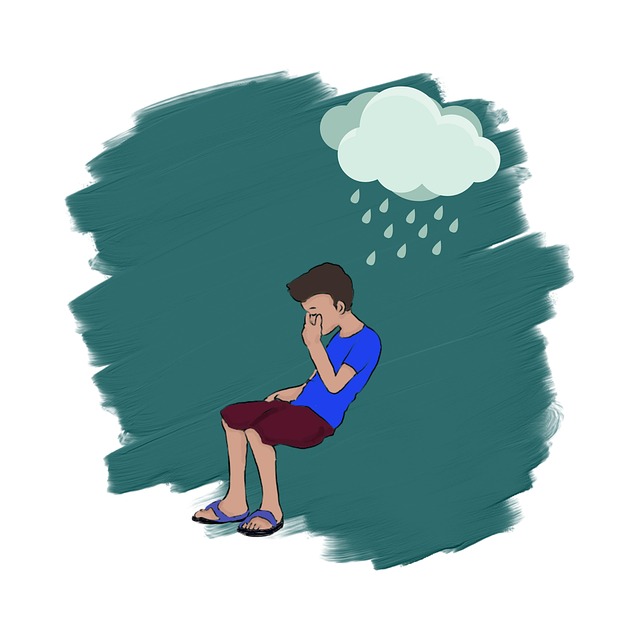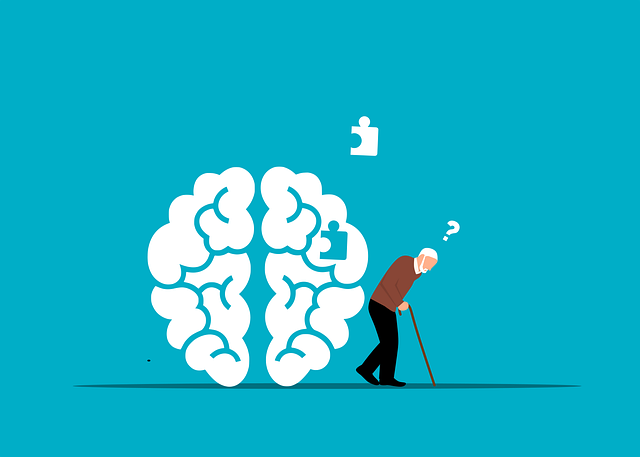Mental illness stigma hinders access to care like Parker Therapy for Therapists-Clinicians, impacting individuals, families, and communities. Breaking these cycles requires education, awareness, and support systems to create an inclusive environment for therapy services, improving self-esteem, conflict resolution, and anxiety relief. Parker Therapy, emphasizing Mind Over Matter principles and Trauma Support Services, offers a holistic approach that has gained popularity as a potential game changer in mental wellness coaching. Therapists play a crucial role in reducing stigma through public education and open dialogue, empowering clients with tailored strategies for resilience and self-care.
Mental illness stigma remains a significant barrier to effective treatment, hindering many individuals from seeking help. This article explores strategies to reduce this pervasive issue, focusing on the role of therapists and clinicians. We delve into ‘Understanding Mental Illness Stigma’, highlighting its barriers and challenges, and present innovative solutions like Parker Therapy – an approach designed to destigmatize mental health issues. Additionally, we offer practical Strategies for Therapists to Advocate and Educate, aiming to break down societal stigma through proactive engagement.
- Understanding Mental Illness Stigma: Barriers and Challenges
- Parker Therapy: A Innovative Approach for Clinicians to Reduce Stigma
- Strategies for Therapists to Advocate and Educate: Breaking Down Stigma in Society
Understanding Mental Illness Stigma: Barriers and Challenges

Mental illness stigma is a complex issue that hinders individuals from seeking help and support. It often manifests as negative attitudes, stereotypes, and beliefs about those struggling with mental health challenges, leading to barriers in various aspects of life. This can range from social isolation and discrimination to limited access to quality care, such as Parker Therapy for Therapists-Clinicians.
The stigma surrounding mental illness perpetuates myths and misconceptions, affecting not just the individuals affected but also their families and communities. It creates a culture where conversations about mental well-being are avoided, making it difficult for people to acknowledge and address their struggles openly. This is particularly challenging when trying to encourage self-esteem improvement or learning conflict resolution techniques. Moreover, anxiety relief becomes an even greater obstacle as the stigma can exacerbate symptoms, making it imperative to break these cycles through education, awareness, and support systems, ultimately fostering a more inclusive environment for everyone, including those seeking therapy services like Parker Therapy for Therapists-Clinicians.
Parker Therapy: A Innovative Approach for Clinicians to Reduce Stigma

In recent years, the mental health community has witnessed a growing movement to destigmatize mental illness, and Parker Therapy stands as an innovative approach for therapists and clinicians. This progressive therapy model emphasizes Mind Over Matter principles, focusing on empowering individuals to take control of their mental wellness. By integrating various therapeutic techniques, Parker Therapy offers a holistic framework that goes beyond traditional talk therapy. The program’s development is rooted in the understanding that mental illness is a complex issue often intertwined with past traumas. As such, it incorporates Trauma Support Services designed to help clients heal and build resilience.
This unique approach encourages therapists to adopt a more comprehensive strategy, addressing not just the symptoms but also the underlying causes of mental health struggles. Through this method, clinicians can facilitate meaningful conversations and provide tailored support, fostering an environment where individuals feel safe to explore and express their experiences without fear of judgment. As Parker Therapy gains traction, it has the potential to revolutionize how we approach mental wellness coaching programs, marking a significant step forward in reducing the stigma surrounding mental illness.
Strategies for Therapists to Advocate and Educate: Breaking Down Stigma in Society

Therapists play a pivotal role in advocating for mental wellness and reducing stigma within society. One effective strategy is to utilize their platform to educate the public about mental health conditions, normalizing conversations around topics that were once considered taboo. Through open dialogue, therapists can dispel myths and misconceptions, fostering an environment of empathy and understanding. Additionally, they can offer practical advice on managing symptoms and encourage clients to seek support early on, thereby preventing the escalation of issues.
Incorporating resilience-building techniques into therapy sessions is another powerful approach. Parker Therapy for Therapists-Clinicians emphasizes the importance of empowering individuals with coping mechanisms tailored to their unique experiences. By designing mental health education programs that focus on personal growth and self-care, therapists enable clients to develop long-lasting strategies for maintaining mental wellness. These initiatives contribute to a society where individuals feel more comfortable discussing their struggles and seeking professional help without fear of judgment.
Mental illness stigma reduction is a multifaceted endeavor. By understanding the barriers and challenges associated with mental health, therapists can leverage innovative approaches like Parker Therapy for clinicians to reduce stigma. Implementing strategies that advocate and educate within society is crucial in breaking down societal walls. Through these efforts, we can foster a more inclusive environment where individuals receive the support and care they need without fear of judgment. By combining therapeutic techniques with community engagement, we move closer to erasing the stigmas surrounding mental illness.














